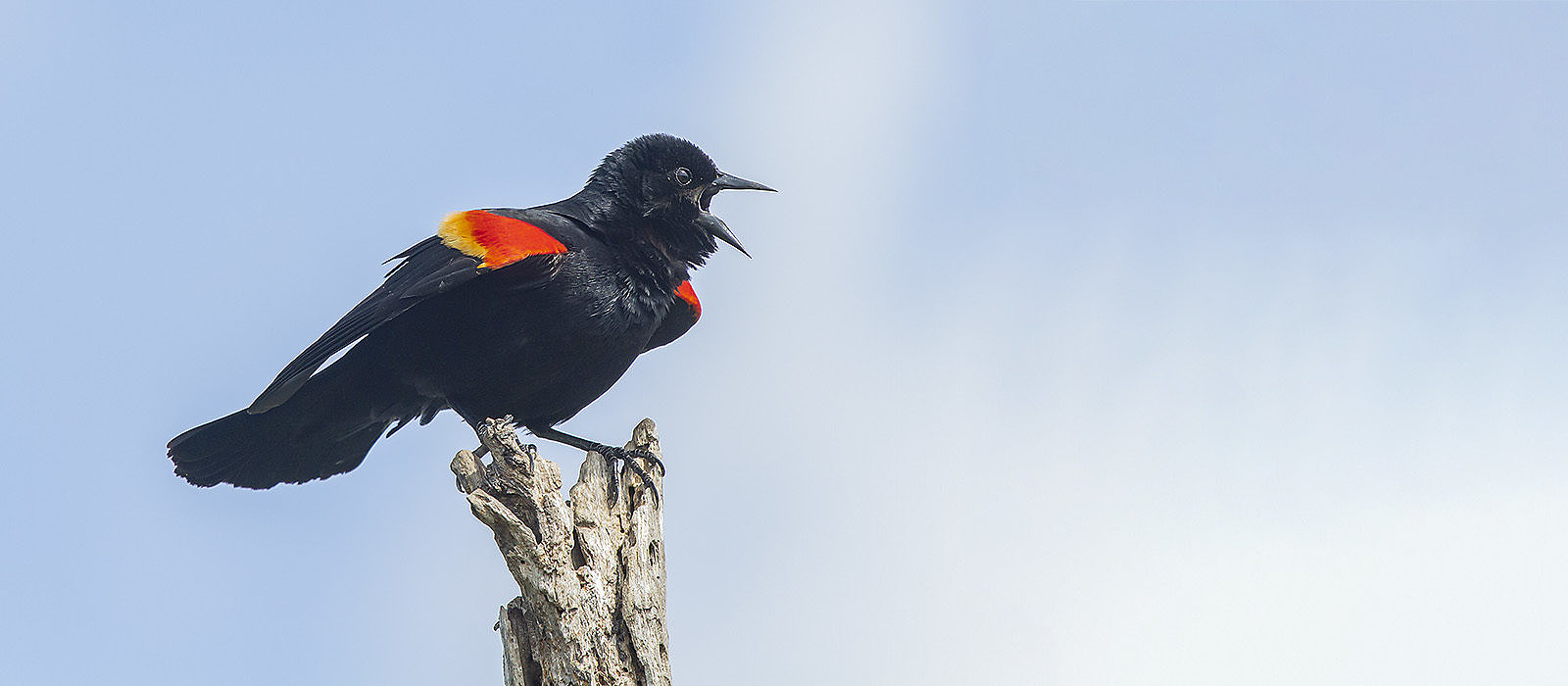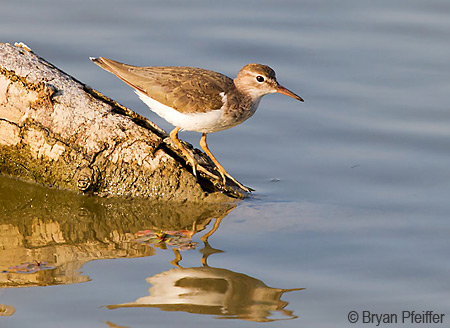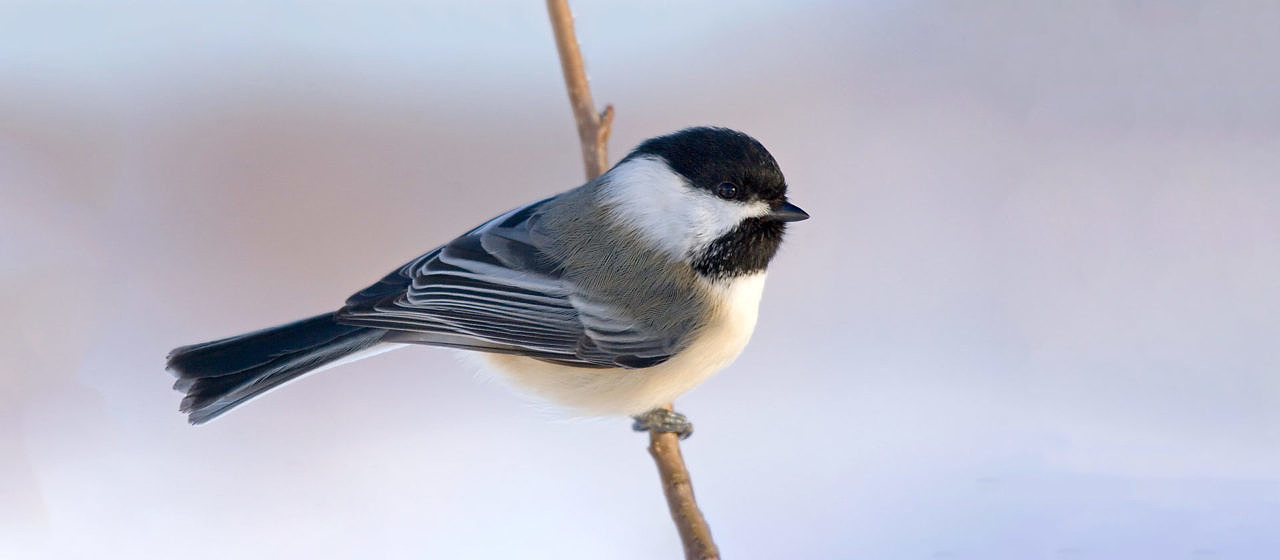
Avian Infidelities
Blackbirds do it. Chickadees do it. Even educated emus do it. Some birds are cheaters. Their trysts, dalliances, one-morning stands, and other infidelities would constitute a racy script for a wildlife soap opera.
But first, the faithful: In the vast majority of bird species, one male and one female unite for the purpose of raising young. In this classic form of monogamy, or “single marriage,” the pair stays together either for a single breeding season (the case among most songbirds) or for as long as they both shall live (in geese, gulls and swans, for example).
Among the rest (or the restless, as the case may be), polygamy, or “many marriages,” ranges from casual to calculating.
A male Red-winged Blackbird mates with numerous females, each tending her own nest. This most common form of infidelity is called polygany, “many women.” The general hypothesis is that the females prefer the male defending the best territory (size and quality matters) or exhibiting some other evidence of his better genome. The superior redwing’s harem averages five females (but as many as 15).
It might seem that a female and her hungry young would suffer if the male in her life was preoccupied with a dozen or more partners. But polygany sometimes comes with ecological conditions favorable to a neglected mother: an abundance of food, for example, or precocial young more able to fend for themselves, which is the case for the occasionally polyganous Ruffed Grouse.
The point here is that polygany doesn’t only benefit males. Out in the marsh, as male redwings call honk-a-REE, the female is calculating. She figures that joining the harem of a male with upscale territory is better than monogamy on inferior turf. Her offspring prospers if she chooses a king’s palace over a loser’s hovel.
But in matters of avian romance, turnabout is fair play. Spotted Sandpipers display classic polyandry, or “many men” – a single female mating with multiple males. Oh, sure, she finds a mate. She might even help him incubate eggs and raise their young. But while the male does most of the parenting, she’s on the prowl.
A female Spotted Sandpiper often leaves her first mate to breed with a second. She might help rear young from both nests at the same time (simultaneous polyandry). But she sometimes abandons her first family and devotes her parental energies only to her second (serial polyandry).
Paternal care of young is rare in birds. But those devoted dads may have been customary earlier in avian evolution. One paleontologist studying fossilized dinosaurs positioned over eggs concluded that the adults were predominantly male. And the eggs in their care seemed too numerous for the lone adult, suggesting dad was tending to a collection of eggs from multiple females.
We still have dinosaurs exhibiting this behavior: the emu and some other ground-dwelling birds. (Remember, only non-avian dinosaurs went extinct.) A male Emu is often the lone parent to a single, oversized brood from multiple females. Also noteworthy is that the Emu is among our most primitive birds, close in lineage to its therapod dinosaur ancestors.
Much further along from emu evolution is the cheating chickadee. Male and female Black-capped Chickadees usually pair up as their winter flocks begin to disperse in early spring. They are monogamous. Well, almost.
Even as she’s laying eggs fertilized by her mate, a female chickadee sometimes sneaks off for occasional copulations with another male, only to return to her nest to lay her extramarital eggs. It turns out that living among her winter chickadee flock were certain dominant males, fit in ways noticeable to a female chickadee. If she didn’t pair up with Mr. Studly in spring, she’ll fly off to find him for her tryst. So, in our inventory of infidelity – monogamy, polygany, polyandry – it turns out that chickadees are simply promiscuous.
In all these examples of feathered infidelity, the research varies, and I advise readers of any research to be wary of complete or convenient explanations. Avian affairs are no different than our own. In other words, when it comes to reproduction, as you might expect, “it’s complicated.”



We can only hope! 🙂
There is stuff going on out there that rivals Peyton Place!
This is such a great piece of writing…couldn’t stop laughing my arse off (so to speak)…thank you!
Scandals of the Volitant. Great post!